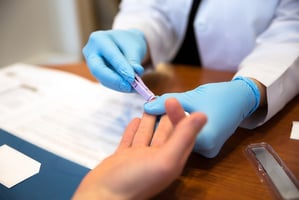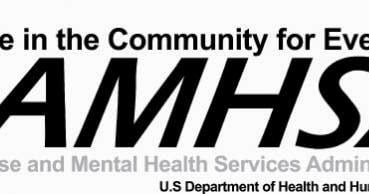Why Isn't Naltrexone Used More Often for Alcohol Use Disorder?
 |
Charles O’Brien, M.D., Ph.D. (pictured at left), one of the original researchers on naltrexone for alcohol use disorder and chair of the DSM-5 Work Group on Substance Related Disorders, said there are several reasons naltrexone is underutilized: for example, many physicians are unfamiliar with the medication, and alcohol rehabilitation centers are not typically staffed by medical professionals. But the most important reason, he and others say, is the longstanding conviction—widely held among physicians as well as the general public—that alcoholism can be treated only by the 12-step recovery model.
“When I send a patient to a rehabilitation center, they follow the 12-step program," he said, adding that many counselors at such centers are likely to advise patients not to use medication.
John Renner, M.D., co-chair of APA’s Council on Addiction Psychiatry, agreed. “There is very good evidence showing that if you compare naltrexone to placebo you get much better sobriety,” he said. “But the general attitude in the recovery community is a very strong preference for a very early version of AA that is uncomfortable with medication.
“Doctors just aren’t used to thinking about pharmacotherapy for alcohol use disorder, and we have had difficulty getting buy-in from general physicians," he continued.
O’Brien and Renner both emphasized that there is no reason that clinicians can’t use naltrexone in conjunction with AA or any other psychosocial treatment, and that in fact it is always encouraged. “We always recommend cognitive-behavioral therapy and/or 12 step,” O’Brien told Psychiatric News.
For more in-depth coverage on this subject, see tomorrow’s issue of Psychiatric News PsychoPharm. For related information, see O’Brien’s 2015 article in the American Journal of Psychiatry titled “In Treating Alcohol Use Disorders, Why Not Use Evidence-Based Treatment?” An archive of webinars and other information about the Providers’ Clinical Support System for Medication Assisted Treatment is available on the APA website.





